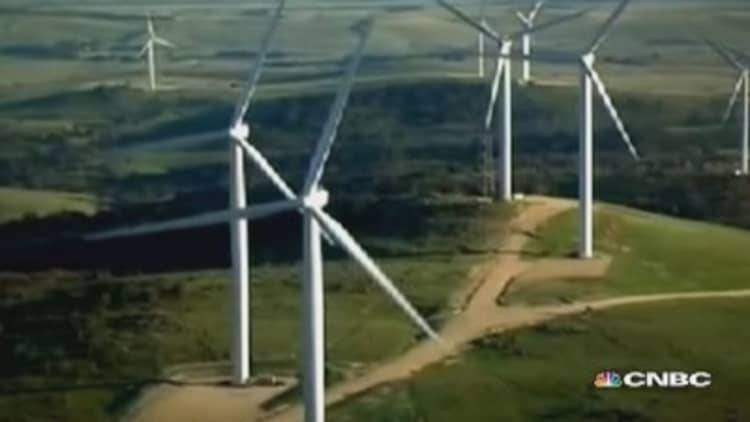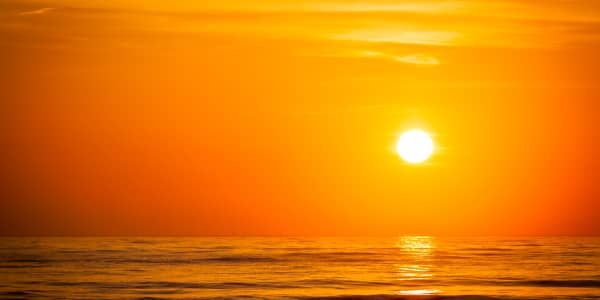
One of the final frontiers of oil and gas exploration, the Arctic is vast, freezing and potentially lucrative.
The U.S. Geological Survey estimates the area has 90 billion barrels of undiscovered oil resources and 44 billion barrels of natural liquid gas.
Yet with the shale boom, a renewables push and proven oil and gas reserves currently satisfying energy demands, will the considerable expense, environmental risks and technical difficulties associated with Arctic exploration mean that the region's resources are worth pursuing.
For Fatih Birol, Chief Economist and Director of Global Energy Economics at the International Energy Agency, overall investment in the energy sector needs to be ramped up, and soon.
"In the next 20 years, we need about $40 trillion, which means each year about $2 trillion for the building [of] power plants, developing oil and gas fields, pipelines, and others," Birol told CNBC's Energy Future.
Read MoreCharge phones with 'urine-tricity'
With production costs becoming high and hitting profits, concerns are growing about investment from energy majors being insufficient. And when it comes to the Arctic, the question of whether current conditions – including the shale boom – will see major exploration of the region remains open.
"If we continue the rate of progress onshore in shale, it will make frontier areas such as the Arctic probably more questionable as an investment opportunity," Glynn Williams, from oil and gas services investor Epi-V, told Energy Future.
"When you ask what has to happen to make it commercial, well the simple answer is: Higher oil prices," Arthur Berman, a geologist and energy analyst, told Energy Future.

The environmental impact of exploration is another controversial issue: the Arctic is home to a number of species, such as the polar bear, Arctic wolf and walrus.
Read MoreTen of the world's most sustainable buildings
"We've long held that the Arctic is not a place that we should be exploring for new oil because of the environmental damage and the inability to recover from any kind of systematic or major spill up there," Doug Parr, Greenpeace U.K.'s Chief Scientist, said.
"What we're also finding is that the oil majors are recognising how technically difficult and expensive it is to extract oil from the arctic and that's what's driving some of the slowdown," Parr added.
Follow us on Twitter: @CNBCWorld




